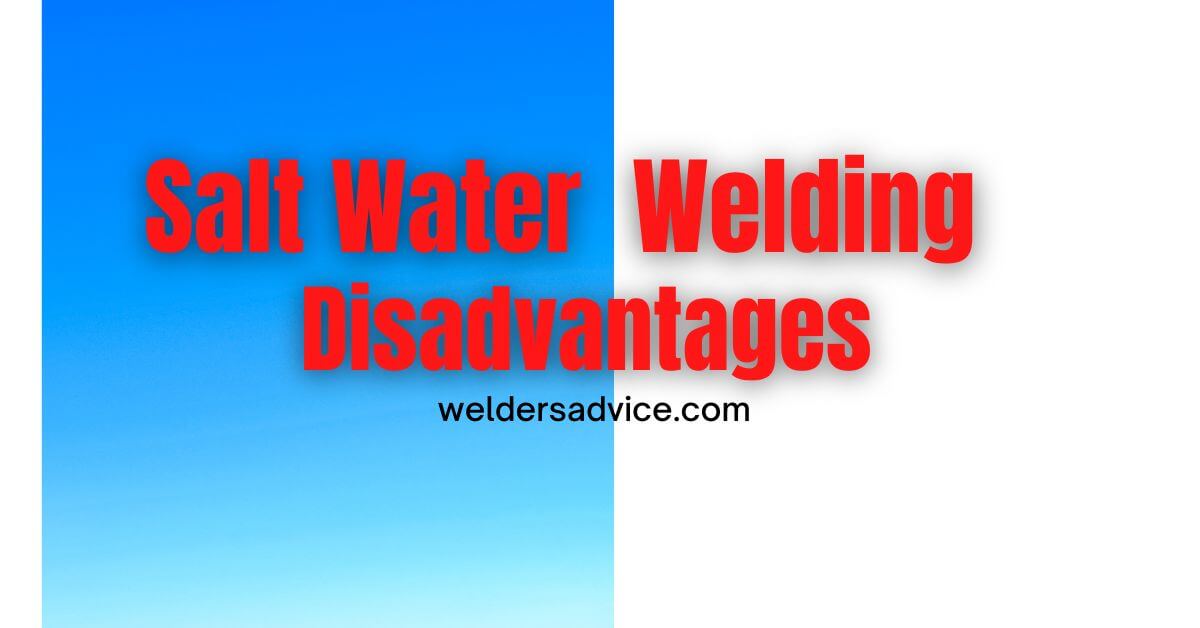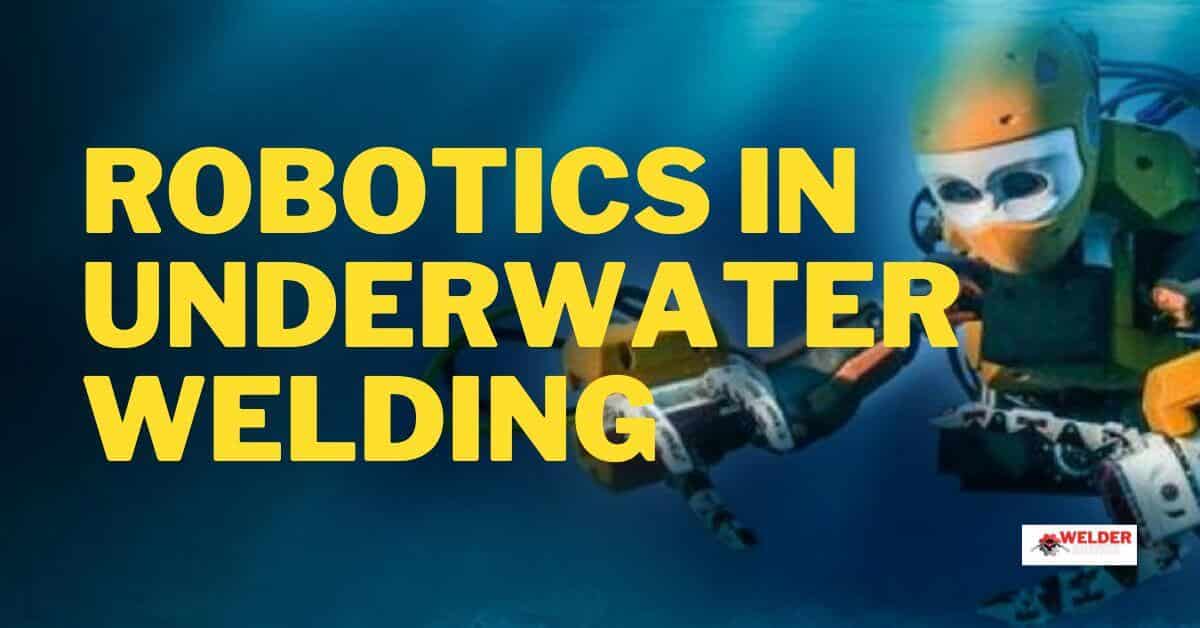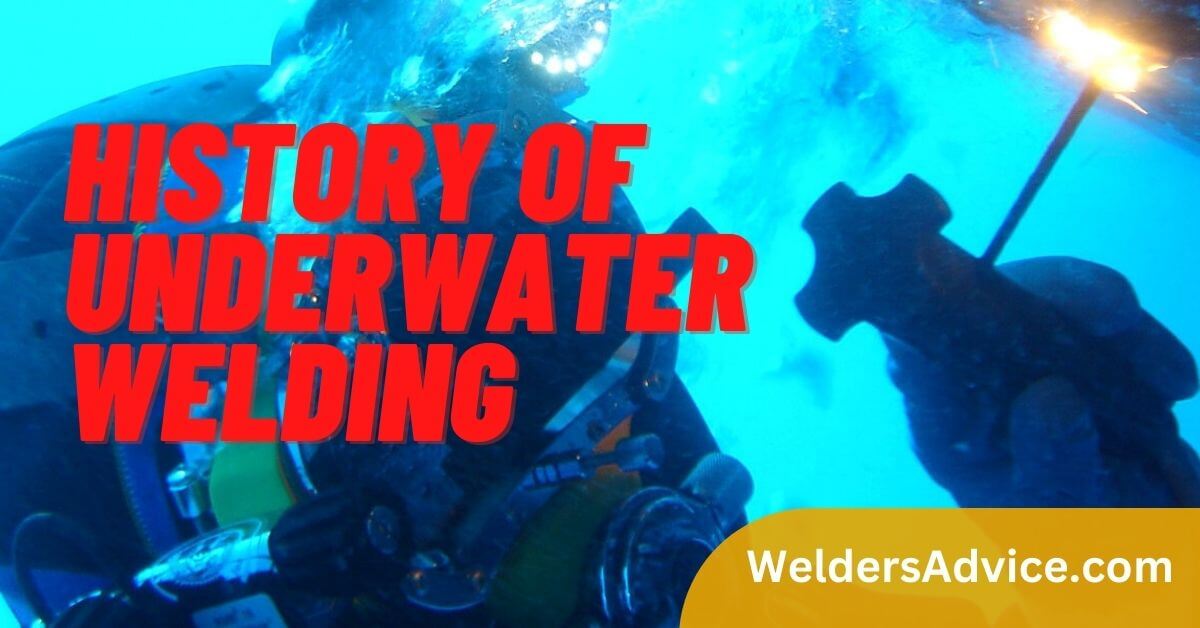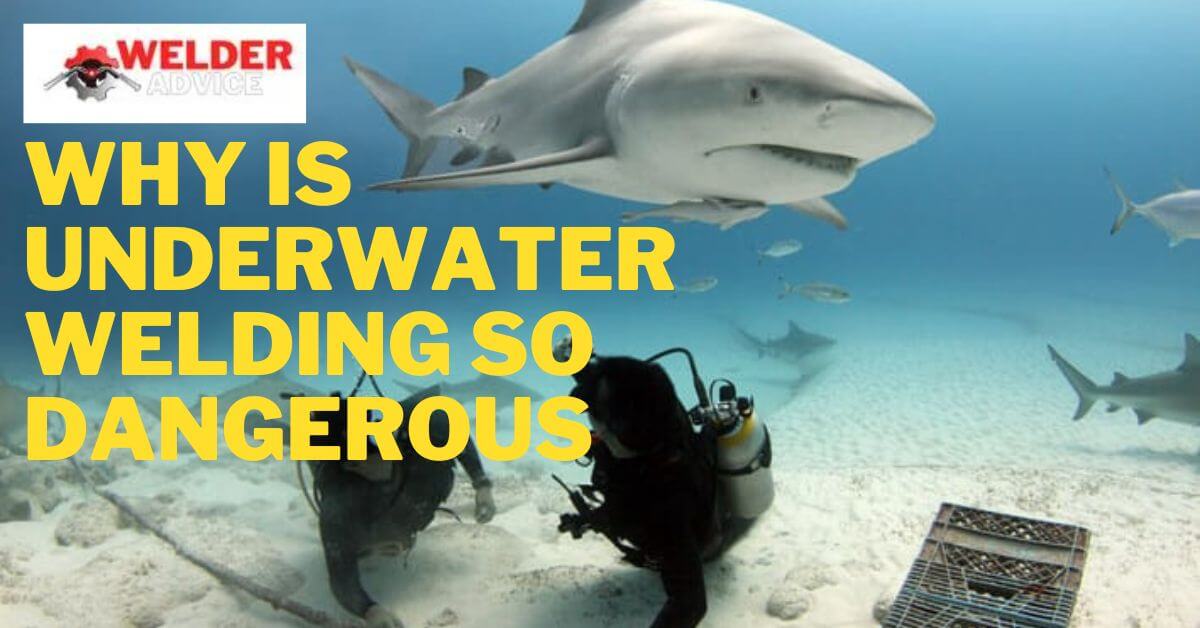The main disadvantages of salt water welding are that it is more expensive than other methods, it is difficult to control, and it can be dangerous. Salt water welding is a common welding method in many industries, but it can come with some drawbacks. In this blog, we’ll take a look at the Salt Water Welding Disadvantages to help you decide if this is the right welding method for your project.
- Disadvantages Of Salt Water Welding?
- Need specialized equipment
- Difficult to control
- Difficult to see
- Proper precautions
- Takes more time
- More dangerous
- Need higher level of skill and experience
- Can Salt Water Welding Be Used For All Types Of Welding?
- Dangers Of Salt Water Welding?
- What Kind Of Welding Is Salt Water Welding Best Suited For?
- Benefits Of Salt Water Welding?
- Is Salt Water Welding More Difficult Than Other Types Of Welding?
- FAQs
- Final Thoughts
Disadvantages Of Salt Water Welding?
While salt water welding does have some advantages, there are also several disadvantages that should be considered.
Need specialized equipment
Salt water welding requires specialized equipment, and that can mean higher costs than other welding methods. Additionally, the salt water itself is expensive, as it has to be regularly replaced. This cost can add up quickly, particularly for bigger projects.
Difficult to control
One of the main disadvantages is that it is more difficult to control the heat when welding in salt water. This can lead to welds that are not as strong as they would be if the temperature was better controlled.
Difficult to see
Another disadvantage of salt water welding is that it can be more difficult to see what you are doing. The salt water can cause glare and reflections that make it difficult to see the weld area. This can lead to mistakes being made or the weld not being as strong as it could be.
Proper precautions
Finally, salt water welding can be more corrosive than other types of welding. This means that it is important to use the proper equipment and take precautions to protect the equipment from corrosion. If the equipment is not properly protected, it can be damaged by the salt water, which can lead to expensive repairs.
Takes more time
it takes longer to work with. Salt water welding requires a longer period of time to complete a project, due to the need to cool down the equipment to make sure that it doesn’t overheat. This can mean more time spent on a project, and more costs associated with it.
More dangerous
Salt water welding can be dangerous, as it produces fumes and sparks that can be dangerous to work around. This means that safety measures must be taken to protect workers and anyone near the welding area.
Need higher level of skill and experience
As salt water welding requires a higher level of skill and experience than other welding methods, it can be hard to find a welder who is qualified to work with it. This can mean more time and money spent on finding and training a qualified welder.
Can Salt Water Welding Be Used For All Types Of Welding?
Yes, salt water welding can be used for all types of welding. This is because salt water is a good conductor of electricity and can be used to weld metals together.
Salt water welding is a process where an electric current is passed through salt water, which acts as a conductor, to weld two pieces of metal together. The salt water welds the metals together by heating up the metal and then cooling it down quickly, which forms a strong bond between the two pieces of metal.
Salt water welding is a great way to weld metals together because it is a very strong bond and is also very resistant to corrosion.
Also Read: How To Wire A Lincoln 225 Welder
Dangers Of Salt Water Welding?
The dangers of salt water welding are that it is more difficult to control the weld environment, salt water is more conductive than fresh water so there is a greater risk of electrocution, and salt water can corrode metals.
Welding is a dangerous profession whether you’re welding in fresh water or salt water. There are a few dangers that are unique to salt water welding, however. Here are some of the dangers of salt water welding that you should be aware of:
1. The first danger is the salt itself. Salt water is corrosive and can damage your welding equipment. If you’re welding in salt water, be sure to regularly inspect your equipment for signs of corrosion.
2. Another danger of salt water welding is the possibility of electrocution. Because salt water is conductive, there is a risk of electrical shock if you’re not careful. Be sure to use proper safety equipment and follow all safety precautions when welding in salt water.
3. Finally, salt water welding can be dangerous to your health. Salt water can cause skin irritation and respiratory problems if you’re exposed to it for too long. Be sure to wear proper protective clothing and take breaks often if you’re welding in salt water.
If you’re planning on welding in salt water, be sure to take all the necessary precautions to stay safe. By following the proper safety procedures, you can help reduce the risks associated with salt water welding.
What Kind Of Welding Is Salt Water Welding Best Suited For?
Salt water welding is best suited for underwater welding.
Salt water welding is best suited for welding in wet or marine environments. It is also well-suited for welding dissimilar metals, such as aluminum to stainless steel.
Benefits Of Salt Water Welding?
Some benefits of salt water welding are that it is less likely to cause metal fatigue, it is less likely to cause corrosion, and it can be used in a wider range of temperatures.
Salt water welding is a type of welding that uses salt water instead of an electric current to heat the metal. The salt water welding process is said to have a number of benefits over traditional welding methods.
Some of the benefits of salt water welding include:
1. More efficient than traditional welding methods.
2. Less expensive than traditional welding methods.
3. More environmentally friendly than traditional welding methods.
5. More convenient than traditional welding methods.
Is Salt Water Welding More Difficult Than Other Types Of Welding?
Salt water welding can be more difficult than other types of welding because the salt water can corrode the metals being welded. The salt water can also cause the metals to expand and contract at different rates, which can make it difficult to get a good weld.
FAQs
Does Salt Water Welding Require Special Equipment?
Yes, salt water welding requires special equipment because the salt water can corrode the equipment.
Final Thoughts
There are several disadvantages to salt water welding, including the potential for corrosion, the need for special equipment, and the possibility of environmental damage. I hope that you understand now. If you have any remaining questions, please leave a comment below.





